Characterization of complex excipients and/or formulations is essential for developing generic products with respect to facilitating reverse-engineering, supporting qualitative (Q1) and quantitative (Q2) sameness (when applicable), developing methods for quality control (QC), supporting bioequivalence (BE) and exploring an alternative in vitro BE approach. However, development of “fit for purpose” characterization methods may not be straightforward, depending on the complexity of the excipients and/or the formulation.
The purpose of this two-day workshop is to discuss the scientific principles and practical considerations that inform current FDA thinking about the characterization of complex excipients and formulations to support generic product development and assessment. The workshop will provide an update on the progress of research activities funded by the Generic Drug User Fee Amendments (GDUFA) science and research program, explore challenging issues that would benefit from a broader discussion, identify areas that need further research, and discuss opportunities for coordination and collaboration among the FDA, generic drug industry, academic institutions, excipient vendors, contract research organizations, consultants, and other stakeholders.
Hybrid Experience
The workshop will offer both in-person and virtual (remote) attendance options. The event will be held at the Universities at Shady Grove in Rockville, Maryland.
Workshop Topics
- Characterization of complex excipients (e.g., polymers) to support regulatory and scientific needs during product development and regulatory assessment
- Potential alternative in vitro and/or in vivo studies to support product development and demonstrations of BE for complex dosage forms, including injectable, insertable and ophthalmic products
- Regulatory experience with assessing complex dosage forms, highlighting FDA’s research to support the development of product-specific guidances and the assessment of Abbreviated New Drug Applications (ANDAs).
- Opportunities for utilizing new technologies to support the development and assessment of prospective generics with complex dosage forms and formulations
FDA and the Center for Research on Complex Generics (which is a collaboration between the University of Maryland School of Pharmacy and the University of Michigan College of Pharmacy) are dedicated to advancing programs that stimulate scientific dialogue, disseminate current insights about complex generics, and generate new knowledge in support of FDA’s mission to promote and protect the public health by increasing access to safe and effective generic medicines.
Audience
This workshop is primarily developed for the generic drug industry and other involved collaborators, including consultants and contract research organizations whose work supports generic drug applications.
Registration Fees
The cost for in-person attendance is $500 and will cover event-related expenses. This workshop is free for virtual attendees.



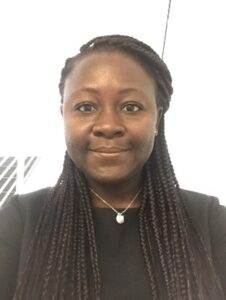 Senior Staff Fellow, DIMRP III, OLDP, OPQ, CDER, FDA
Senior Staff Fellow, DIMRP III, OLDP, OPQ, CDER, FDA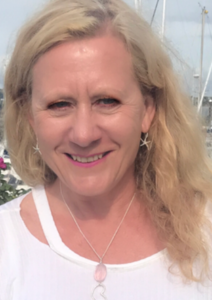 Distinguished Professor, Pfizer Distinguished Chair in Pharmaceutical Technology, University of Connecticut
Distinguished Professor, Pfizer Distinguished Chair in Pharmaceutical Technology, University of Connecticut Senior Pharmaceutical Quality Assessor, DIMRP III, OLDP, OPQ, CDER, FDA
Senior Pharmaceutical Quality Assessor, DIMRP III, OLDP, OPQ, CDER, FDA Vice President, R&D and Regulatory Affairs, Nexus Pharmaceuticals, USA
Vice President, R&D and Regulatory Affairs, Nexus Pharmaceuticals, USA Manager, EVA and Long-Acting Drug Delivery Global Technology, Celanese– Florence, KY USA
Manager, EVA and Long-Acting Drug Delivery Global Technology, Celanese– Florence, KY USA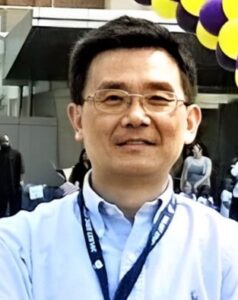 Senior Chemist, DLBP II, OLDP, OPQ, CDER, FDA
Senior Chemist, DLBP II, OLDP, OPQ, CDER, FDA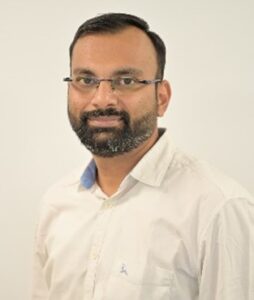 Delivery Manger, Formulation Development Complex Injectables, Dr. Reddy’s Laboratory Ltd. India
Delivery Manger, Formulation Development Complex Injectables, Dr. Reddy’s Laboratory Ltd. India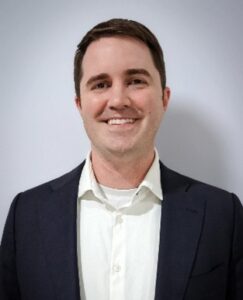 Senior Application Technologies Engineer, NuSil Technology – an Avantor Company
Senior Application Technologies Engineer, NuSil Technology – an Avantor Company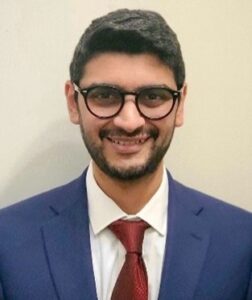 Director Regulatory Affairs – US, Pharmathen
Director Regulatory Affairs – US, Pharmathen
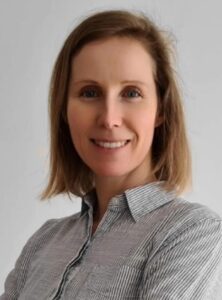 Senior Scientist, Research & Development, Sandoz Global Development
Senior Scientist, Research & Development, Sandoz Global Development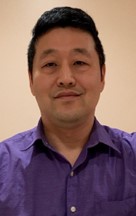 Senior Chemist, DLBP I, OLDP, OPQ, CDER, FDA
Senior Chemist, DLBP I, OLDP, OPQ, CDER, FDA Scientist, Orally Inhaled and Nasal Product Development, Vectura Fertin Pharma Ltd.
Scientist, Orally Inhaled and Nasal Product Development, Vectura Fertin Pharma Ltd.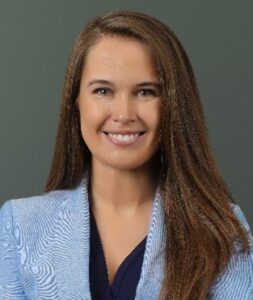 Global Technical Marketing Manager,
Global Technical Marketing Manager, 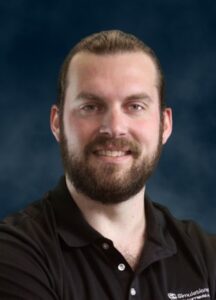 Associate Director, Research and Collaboration, Simulations Plus
Associate Director, Research and Collaboration, Simulations Plus Director, ORS, OGD, CDER, FDA
Director, ORS, OGD, CDER, FDA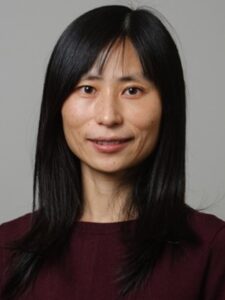 Professor, School of Pharmacy, University of Connecticut, Associate Director, Center for Pharmaceutical Processing Research
Professor, School of Pharmacy, University of Connecticut, Associate Director, Center for Pharmaceutical Processing Research Associate Professor, Cockrell School of Engineering, University of Texas at Austin
Associate Professor, Cockrell School of Engineering, University of Texas at Austin Senior Pharmaceutical Quality Assessor, DIMRP II, OLDP, OPQ, CDER, FDA
Senior Pharmaceutical Quality Assessor, DIMRP II, OLDP, OPQ, CDER, FDA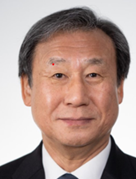 President, Akina, Inc., Showalter Distinguished Professor of Biomedical Engineering, Purdue University
President, Akina, Inc., Showalter Distinguished Professor of Biomedical Engineering, Purdue University Associate Professor, Graz University of Technology, Deputy Director, Research Center Pharmaceutical Engineering (RCPE)
Associate Professor, Graz University of Technology, Deputy Director, Research Center Pharmaceutical Engineering (RCPE) Head of Regulatory Affairs, North America, Viatris
Head of Regulatory Affairs, North America, Viatris
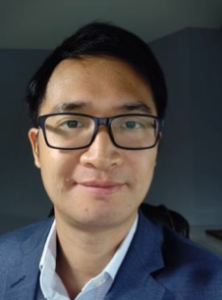 Senior Staff Fellow, DTP I, ORS, OGD, FDA
Senior Staff Fellow, DTP I, ORS, OGD, FDA
 Ara G. Paul Professor and Chair, Pharmaceutical Sciences, Professor of Biomedical Engineering, University of Michigan Biointerfaces Institute
Ara G. Paul Professor and Chair, Pharmaceutical Sciences, Professor of Biomedical Engineering, University of Michigan Biointerfaces Institute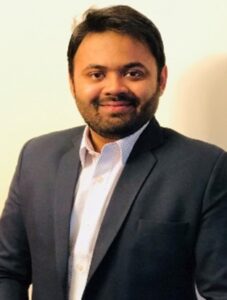 Senior Manager, Bioequivalence, Cosette Pharmaceuticals Inc.
Senior Manager, Bioequivalence, Cosette Pharmaceuticals Inc. Research Scientist, DPQR, OTR, OPQ, CDER, FDA
Research Scientist, DPQR, OTR, OPQ, CDER, FDA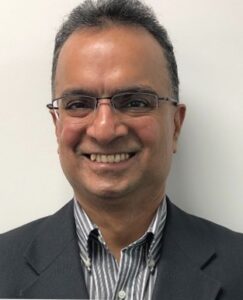 Senior Vice President Regulatory Affairs, Cipla Ltd.
Senior Vice President Regulatory Affairs, Cipla Ltd. 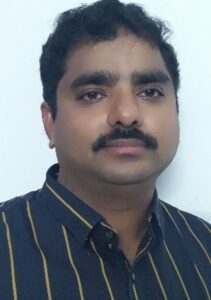 Lead-Structural Characterization, Dr. Reddy’s Laboratories Ltd.
Lead-Structural Characterization, Dr. Reddy’s Laboratories Ltd.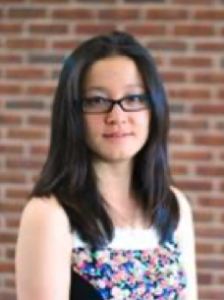
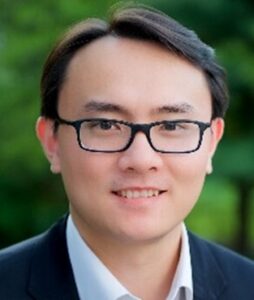 Division Director, DPQR, OTR, OPQ, CDER, FDA
Division Director, DPQR, OTR, OPQ, CDER, FDA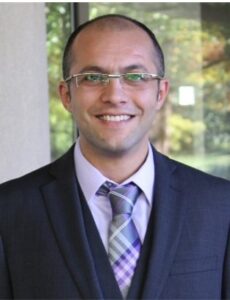 Research Scientist, DCDA, OTR, OPQ, CDER, FDA
Research Scientist, DCDA, OTR, OPQ, CDER, FDA Staff Fellow,
Staff Fellow, 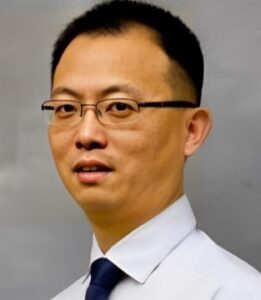 Associate Professor, College of Pharmacy, University of Texas at Austin
Associate Professor, College of Pharmacy, University of Texas at Austin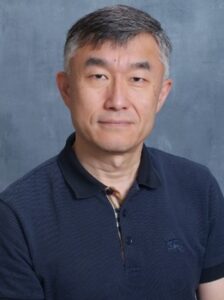 Founder and Managing Director, DigiM
Founder and Managing Director, DigiM